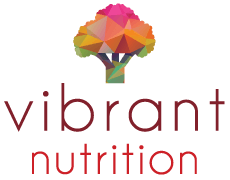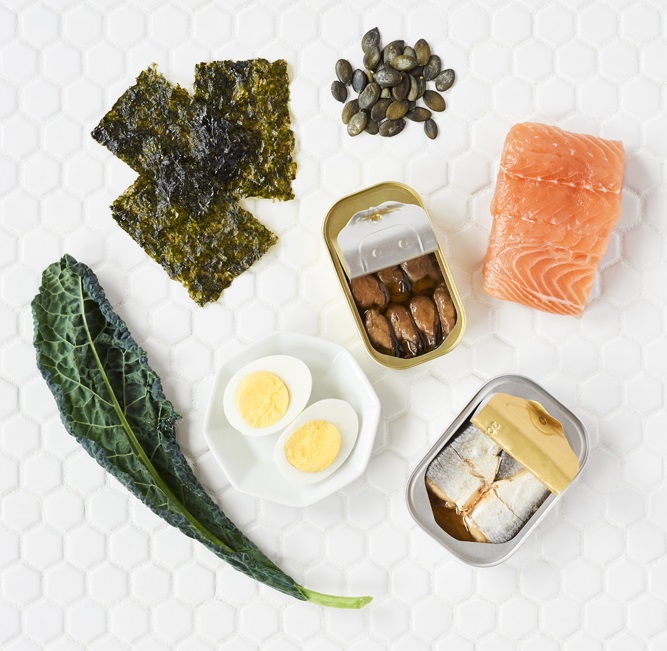November 4th, 2019
What you need to know about heavy metals in your baby’s food
If you’re a parent, chances are you’ve seen the recent headlines about 95% of baby foods containing heavy metals exceeding acceptable limits. Talk about alarming! Recently, a report created by an independent research body was released highlighting the presence of arsenic and other metals such as lead, cadmium and mercury in about 95% of store-bought baby foods. This is definitely not what you want to read, especially about those cute, easy, organic puff treats. There is enough confusing and complex information about what to feed your child as it is! So the only thing you want to know now is; what should you watch out for and what can you do about it? We have you covered!
What’s the deal with these metals and why are they in my food?
Arsenic has 2 different forms: organic and inorganic. Organic arsenic, which is found in seafood in smaller amounts, is generally harmless. Inorganic arsenic, which is found in groundwater, and pesticide run-off, is definitely toxic in higher amounts. The amount of arsenic in drinking water is regulated and monitored by the government, limiting exposure. So the main way that Canadians are exposed to arsenic is via food, particularly foods grown in areas where groundwater arsenic levels are high. Interestingly, foods are NOT protected from inorganic arsenic by being “organic” foods in nature. It’s about the large scale agricultural structure.
Why should I be concerned?
There is no known safe value for these metal intakes intake, especially not in the developing bodies of babies. There are also no known health benefits, as there are with some metals (like iron or magnesium). But there are definitely known negative effects of high intakes, both in the short and long term. Acute arsenic poisoning- from consuming a lot too fast- can cause vomiting, nausea, diarrhea, numbness, muscle cramping and in extreme cases, death. The effects of long term exposure are still being studied, but arsenic can increase the risk of cancer, as it is a carcinogen. These metals can also have developmental effects during pregnancy and childhood, as they can have a neurotoxic effect on the developing brain, possibly affecting their development and learning later in life. Unfortunately, this cognitive/developmental damage cannot be reversed.
The good news???? This publicity forces companies to make a concerted effort to reduce the heavy metal contents in their baby foods, or risk bad PR. This is being achieved through new farming, harvesting and processing methods.
What products should I look out for?
As recent reports have pointed out, there is a LOT of arsenic found in infant rice cereal! In fact, rice and rice products in general are known to have higher levels of inorganic arsenic, because rice absorbs more arsenic from groundwater as it grows. It does not matter if it is organic or not. Arsenic is found in other foods in low amounts as well- meat, dairy, and fruits and veggies. But the main way North Americans, particularly children, are exposed to arsenic is through rice and rice products. Fruit juices are also of some concern- serving whole fruits is always a better option.
What can you do?
Diversify baby’s cereal grains
- Rice is a common source of arsenic due to groundwater and is present in many baby cereals. Oatmeal, barley and mixed grain cereals are a better choice!
- Look for baby cereals that are mixed grains to lower the overall intake .
Rethink Brown Rice
- Basmati rice from Pakistan and India has the lowest levels of arsenic. Brown rice has more than white, so mixing the two can reduce overall arsenic intake while still getting the benefits of increased fibre and minerals.
- Avoid products that use brown rice syrup.
Alternate teething biscuits and other snacks
- A lot of these store-bought products are big offenders. For teething, try other items such as silicon rings and teether products that can be frozen. You could try soothing cold foods like frozen banana (but please monitor carefully) or chilled cucumber.
Stick to water!!!!!
- Apple and other fruit juices are a surprising source of lead and arsenic.
- No baby or toddler needs juice; it is concentrated sugar, highly processed.
- Water should be the only beverage outside of breastmilk or formula before 1 year.
Mix it up!!!! With your baby’s fruit and vegetables
- Some popular veggies for starting solids, such as carrots and sweet potatoes, are susceptible to higher levels of metals. This doesn’t mean you should stop using them, they’re super healthy. But make sure baby is getting a well-rounded exposure to different fresh foods too.
- Try broccoli, cauliflower, squash, green peas and beans, edamame, mushrooms and Bok Choy as top veggies .
Follow the story:
- Here is a link to Healthy Babies Bright Future’s full report- keep an eye out for companies that are reducing their heavy metal content and support them if you can.
- The report focuses on the United States, but you can also check out this recent CBC article on the arsenic levels in Canadian products.
What did you think of this blog??
Let us know on Instagram, Twitter or Facebook. At Vibrant Nutrition, we are here to serve YOU the most accurate, helpful information that we can offer.


